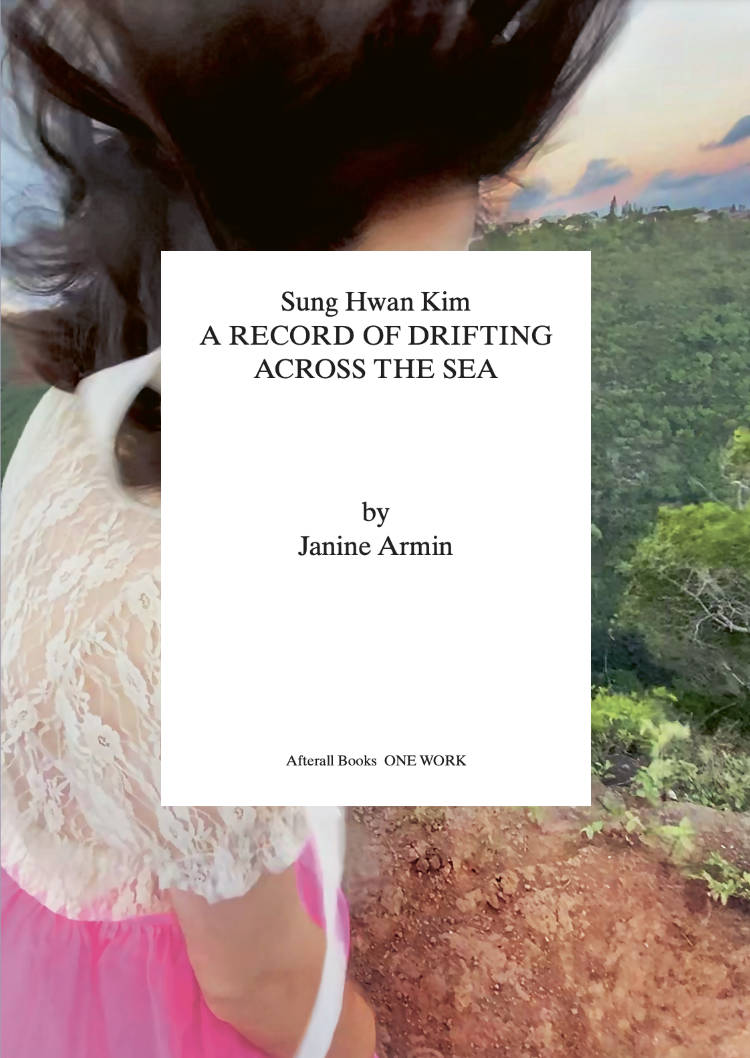
Ana Mendieta - Search for Origin
G. Gourbe, C. Guardiola Bravo, R. Boutayeb, Ana Mendieta
Devoted to Cuban-born American artist Ana Mendieta (1948–1985), this monograph appears with an exhibition at Museo de Arte Contemporáneo de Castilla y León, which brings together around 100 works from over fifteen years of production (1968–1985). The exhibition explores how the artist never ceased to reinvent herself through political and vibrant contemporary work, developing an original, ephemeral sculptural language, at times performative in act and informed by her research into primitive myths and rock art. It reveals her relationship to the visible and invisible, her way of rendering the unspeakable intelligible through traces of the body and its relation to nature.





